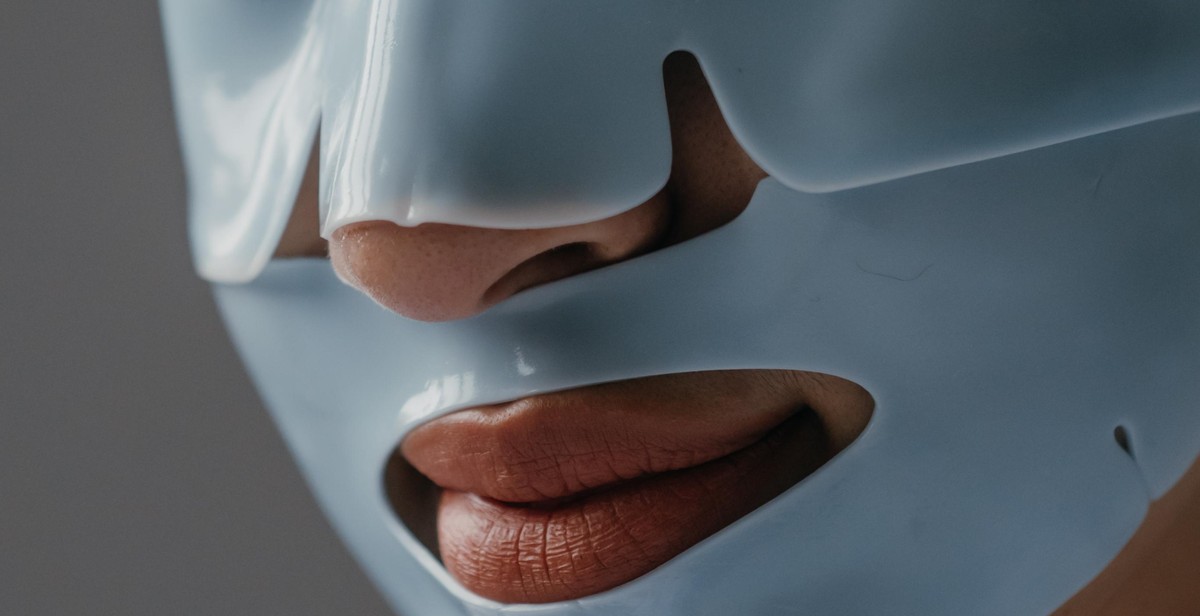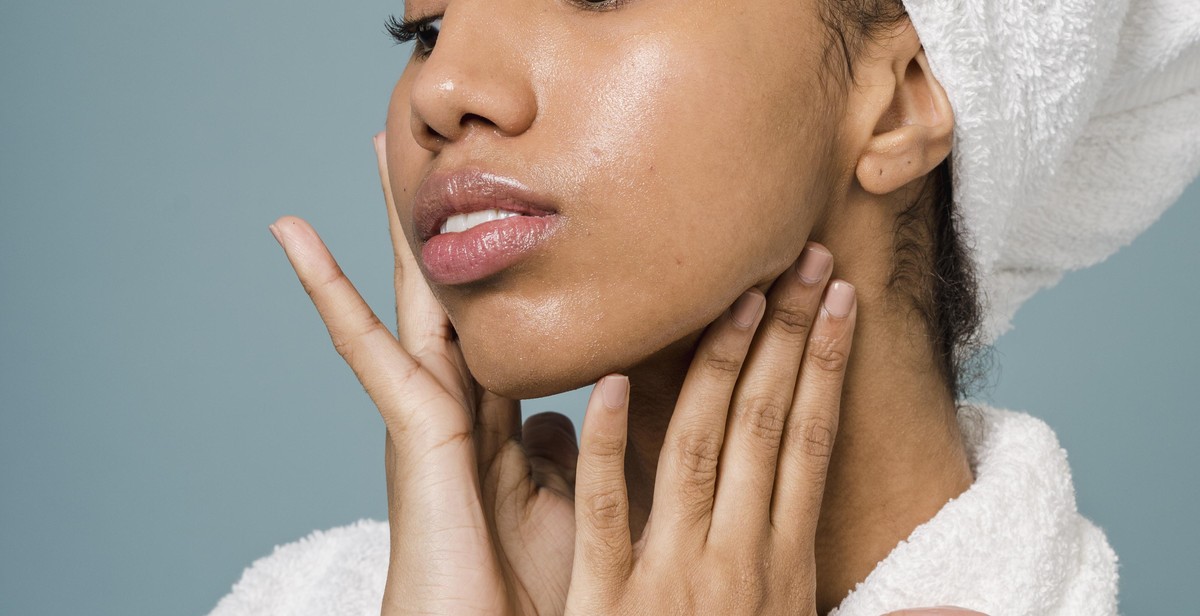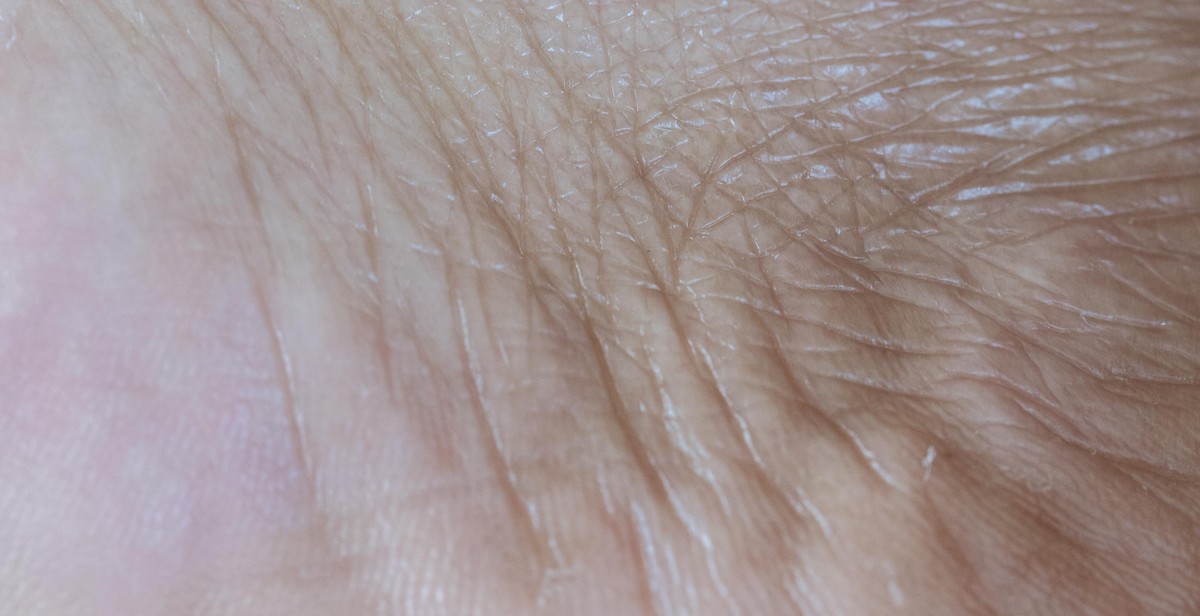Introduction
As we age, fine lines and wrinkles start to appear on our skin. While aging is a natural process, these signs can be accelerated by various factors, such as exposure to the sun, pollution, and unhealthy lifestyle choices like smoking and drinking. However, with proper anti-aging skincare, you can reduce the appearance of fine lines and wrinkles, keeping your skin looking youthful and radiant.
Why Anti-Aging Skincare is Important
Anti-aging skincare is important because it helps to prevent and treat the signs of aging. Fine lines and wrinkles are caused by a decrease in collagen and elastin in the skin, which leads to a loss of elasticity and firmness. Anti-aging skincare products contain ingredients that can help to stimulate collagen production, hydrate the skin, and protect it from environmental damage.
There are various anti-aging skincare products available on the market, including serums, moisturizers, and eye creams. It is important to choose products that are suitable for your skin type and address your specific concerns. Additionally, lifestyle changes like eating a healthy diet, exercising regularly, and getting enough sleep can also contribute to maintaining youthful-looking skin.
In this article, we will explore the best anti-aging skincare practices and products that can help reduce fine lines and wrinkles, helping you achieve a more youthful and radiant complexion.

Understanding Fine Lines and Wrinkles
As we age, our skin undergoes various changes including the formation of fine lines and wrinkles. Understanding the causes of these changes is essential in preventing and reducing their appearance.
What Causes Fine Lines and Wrinkles?
There are several factors that contribute to the formation of fine lines and wrinkles including:
- Aging: As we age, the production of collagen and elastin decreases, leading to thinner and less elastic skin. This makes the skin more prone to wrinkles and fine lines.
- UV exposure: Sun damage is a major cause of premature aging. UV rays break down collagen and elastin in the skin, leading to wrinkles and fine lines.
- Smoking: Smoking causes the blood vessels in the skin to narrow, reducing blood flow and oxygen supply to the skin. This can lead to premature aging and the formation of wrinkles and fine lines.
- Facial expressions: Repeated facial movements such as squinting, frowning, and smiling can cause wrinkles and fine lines over time.
- Environmental factors: Exposure to pollution, harsh weather conditions, and other environmental factors can contribute to the formation of wrinkles and fine lines.
Different Types of Fine Lines and Wrinkles
There are different types of fine lines and wrinkles that can appear on the skin, including:
| Type of Wrinkle | Description |
|---|---|
| Dynamic wrinkles | Wrinkles that form due to repeated facial movements such as smiling, frowning, and squinting. |
| Static wrinkles | Wrinkles that are visible even when the face is at rest. These are caused by a loss of collagen and elastin in the skin. |
| Expression lines | Wrinkles that form in areas where the skin is frequently creased due to facial expressions, such as around the mouth and eyes. |
| Gravitational folds | Wrinkles that form due to gravity and the natural aging process, such as jowls and sagging skin. |
Understanding the different types of wrinkles can help in choosing the right anti-aging skincare products and treatments to target specific areas of concern.

Choosing the Right Anti-Aging Skincare Products
Choosing the right anti-aging skincare products can be a daunting task, especially with so many options available in the market. It is essential to understand the ingredients to look for in anti-aging skincare products and how to choose the right products for your skin type to achieve the desired results.
Ingredients to Look for in Anti-Aging Skincare Products
When it comes to anti-aging skincare products, ingredients play a vital role in their effectiveness. Here are some of the key ingredients to look for:
- Retinoids: Retinoids are one of the most effective ingredients for reducing fine lines and wrinkles. They work by increasing collagen production and accelerating skin cell turnover, resulting in smoother and younger-looking skin.
- Antioxidants: Antioxidants, such as Vitamin C and E, help to protect the skin from free radicals, which can cause damage to the skin and accelerate the aging process.
- Peptides: Peptides are short chains of amino acids that stimulate collagen production, helping to reduce fine lines and wrinkles.
- Hyaluronic Acid: Hyaluronic Acid is a powerful humectant that helps to hydrate the skin and improve its elasticity, resulting in plumper and smoother skin.
How to Choose the Right Anti-Aging Skincare Products for Your Skin Type
Choosing the right anti-aging skincare products for your skin type is crucial to achieve the desired results. Here are some tips to help you choose the right products:
- Determine your skin type: Knowing your skin type is essential to choose the right anti-aging skincare products. If you have dry skin, look for products that contain hydrating ingredients such as hyaluronic acid. If you have oily skin, look for products that are lightweight and non-comedogenic.
- Read the labels: Look for products that contain the key anti-aging ingredients mentioned above. Also, avoid products that contain harsh ingredients such as alcohol, which can dry out the skin.
- Try before you buy: It is always a good idea to try a sample of the product before you buy it to see how it works on your skin.
- Stick to a routine: Consistency is key when it comes to anti-aging skincare. Stick to a routine and give the products time to work before expecting to see results.
By following these tips, you can choose the right anti-aging skincare products for your skin type and achieve a smoother, younger-looking complexion.

Creating an Anti-Aging Skincare Routine
As we age, our skin naturally loses elasticity and moisture, leading to the formation of fine lines and wrinkles. However, with the right anti-aging skincare routine, you can reduce the appearance of these signs of aging and maintain a youthful, radiant complexion.
Morning Skincare Routine
Starting your day with a targeted anti-aging skincare routine can help protect your skin from further damage and keep it looking its best. Here are some steps to include:
- Cleanse: Begin by washing your face with a gentle cleanser to remove any dirt or oil that may have accumulated overnight. Look for a cleanser that is specifically formulated for mature skin, as it will be more gentle and nourishing.
- Tone: After cleansing, apply a toner to help balance your skin’s pH levels and prep it for the rest of your routine. Look for a toner with anti-aging ingredients like antioxidants or hyaluronic acid.
- Serum: Next, apply a targeted anti-aging serum to address any specific concerns you may have, such as fine lines or dark spots. Look for serums that contain ingredients like retinol, vitamin C, or peptides.
- Moisturize: Finish off your morning routine with a moisturizer that is specifically formulated for mature skin. Look for a formula that is rich in antioxidants and hydrating ingredients like shea butter or glycerin.
- Sunscreen: Finally, don’t forget to apply sunscreen to protect your skin from damaging UV rays. Look for a broad-spectrum sunscreen with an SPF of at least 30, and reapply every two hours if you will be spending time outdoors.
Nighttime Skincare Routine
Your skin does most of its repair work while you sleep, so it’s important to have a targeted anti-aging skincare routine for nighttime as well. Here are some steps to include:
- Cleanse: Begin by washing your face with a gentle cleanser to remove any makeup, dirt, or oil that may have accumulated throughout the day.
- Tone: After cleansing, apply a toner to help balance your skin’s pH levels and prep it for the rest of your routine.
- Retinoid: Next, apply a retinoid cream or serum to help reduce the appearance of fine lines and wrinkles. Retinoids work by increasing cell turnover and stimulating collagen production.
- Moisturize: Finish off your nighttime routine with a moisturizer that is specifically formulated for mature skin. Look for a formula that is rich in antioxidants and hydrating ingredients like shea butter or glycerin.
By following a targeted anti-aging skincare routine that includes both morning and nighttime steps, you can help reduce the appearance of fine lines and wrinkles and maintain a youthful, radiant complexion. Remember to always use products that are specifically formulated for mature skin and to protect your skin from damaging UV rays with a broad-spectrum sunscreen.

Other Ways to Reduce Fine Lines and Wrinkles
Aside from anti-aging skincare products, there are other ways to reduce fine lines and wrinkles. These methods include lifestyle changes and medical treatments.
Lifestyle Changes
One of the most effective ways to reduce fine lines and wrinkles is through lifestyle changes. Here are some tips:
- Protect your skin from the sun by wearing hats, sunglasses, and sunscreen with an SPF of at least 30.
- Avoid smoking and secondhand smoke, as it can cause premature aging and wrinkles.
- Eat a healthy, balanced diet that includes plenty of fruits, vegetables, and healthy fats.
- Stay hydrated by drinking plenty of water.
- Get enough sleep, as lack of sleep can cause fine lines and wrinkles to appear more prominent.
- Reduce stress through exercise, meditation, or other relaxation techniques.
Medical Treatments
If lifestyle changes and anti-aging skincare products are not enough to reduce your fine lines and wrinkles, there are several medical treatments you can consider:
| Treatment | Description |
|---|---|
| Botox | A series of injections that relax the muscles that cause wrinkles. |
| Dermal fillers | Injections that plump up the skin and reduce the appearance of wrinkles. |
| Chemical peels | A chemical solution is applied to the skin to remove the top layer of dead skin cells, revealing smoother, younger-looking skin. |
| Laser resurfacing | A laser is used to remove the top layer of skin, stimulating collagen production and reducing the appearance of fine lines and wrinkles. |
Consult with a dermatologist or plastic surgeon to determine which medical treatment is best for you.
